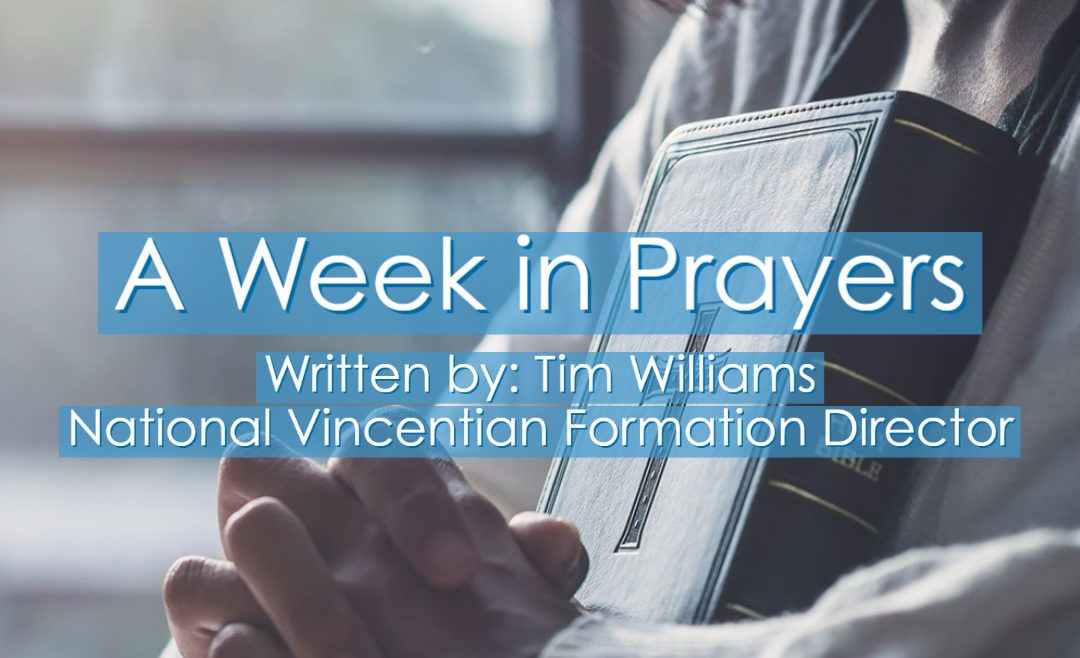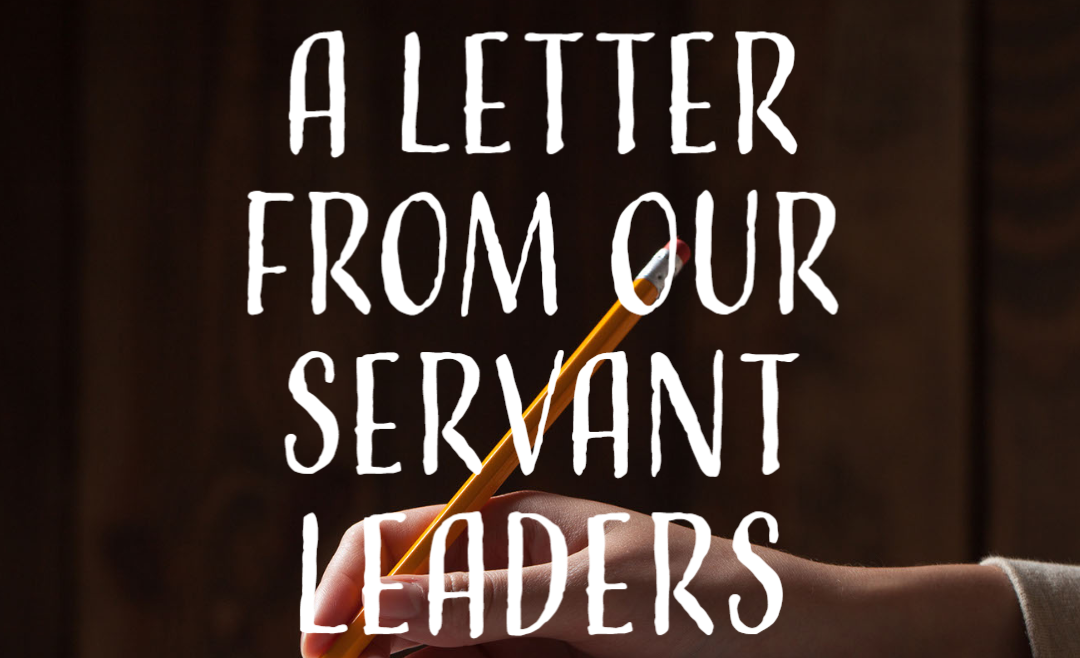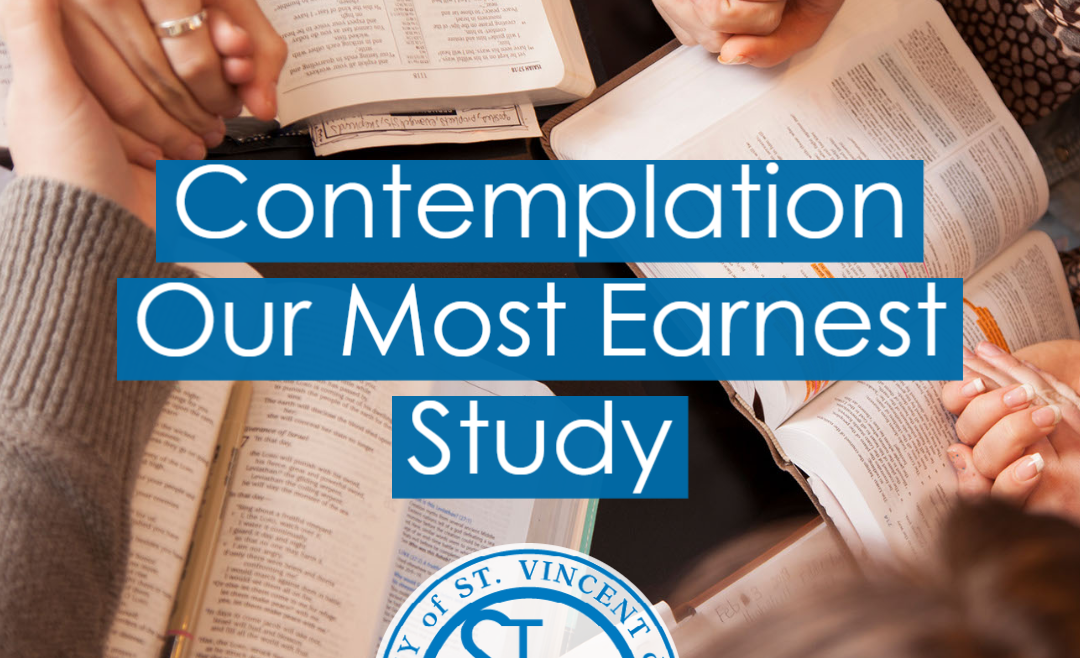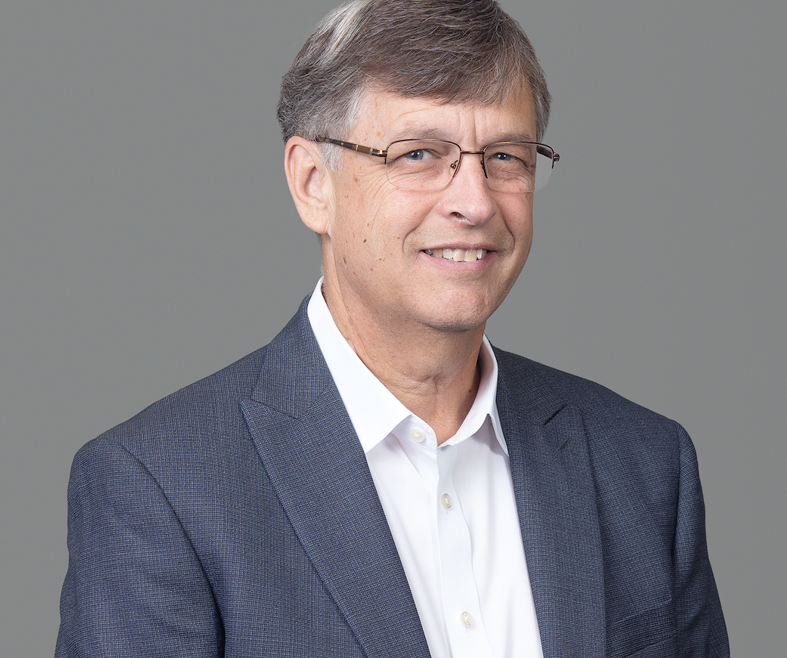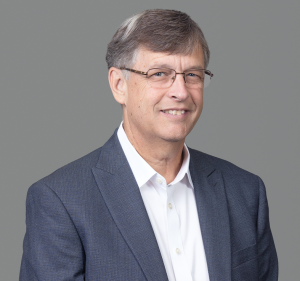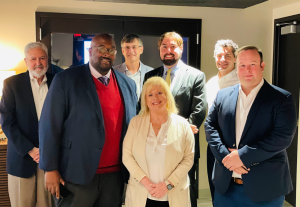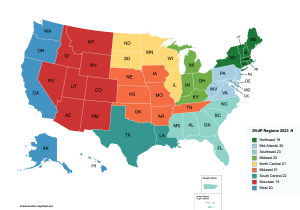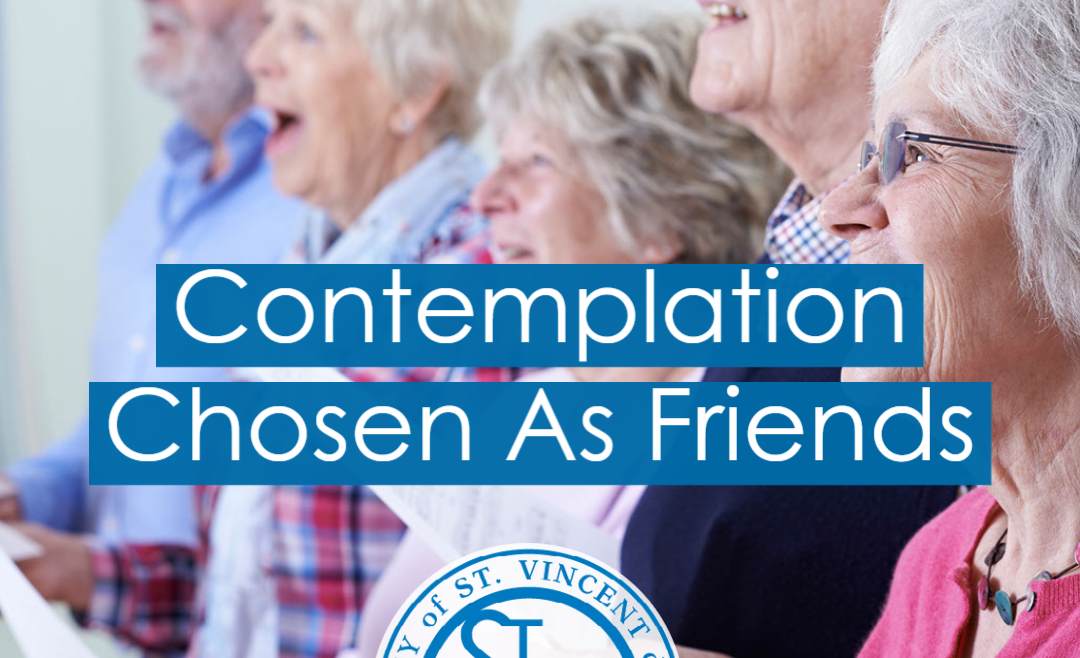With 100,000 Vincentians across the United States and nearly 800,000 around the world, the Society of St. Vincent de Paul provides person-to-person service to those who are needy and suffering. Read some of their stories here:
INTERNATIONAL
- AUSTRALIA: Queensland government’s social housing build of 485 in past financial year labelled ‘disappointing’ by advocacy groups
- IRELAND: Planning logged by local SVP for night shelter apartments
- IRELAND: Vincent’s go Green as World cup gets underway
NATIONAL
- ATLANTA, GA: St. Vincent de Paul Georgia expands program to help families escape motel life
- BATON ROUGE, LA: Free dental care offered through BR area clinic
- COEUR d’ALENE, ID: EDITORIAL: Roll up your sleeves for this project
- COVINGTON, KY: Northern Kentucky St. Vincent de Paul Christmas in July
- LANE COUNTY, OR: Senator Jeff Merkley visits Eugene, talks homelessness and wildfire response
- MADISON, WI: Experts Discuss the Important Role of Charitable Pharmacy Programs
- PHOENIX, AZ: Phoenix hits at least 110 for 19th straight day, breaking U.S. city records in worldwide heat wave
- SACRAMENTO, CA: Sacramento faith leaders launching donation drive for formerly homeless residents


